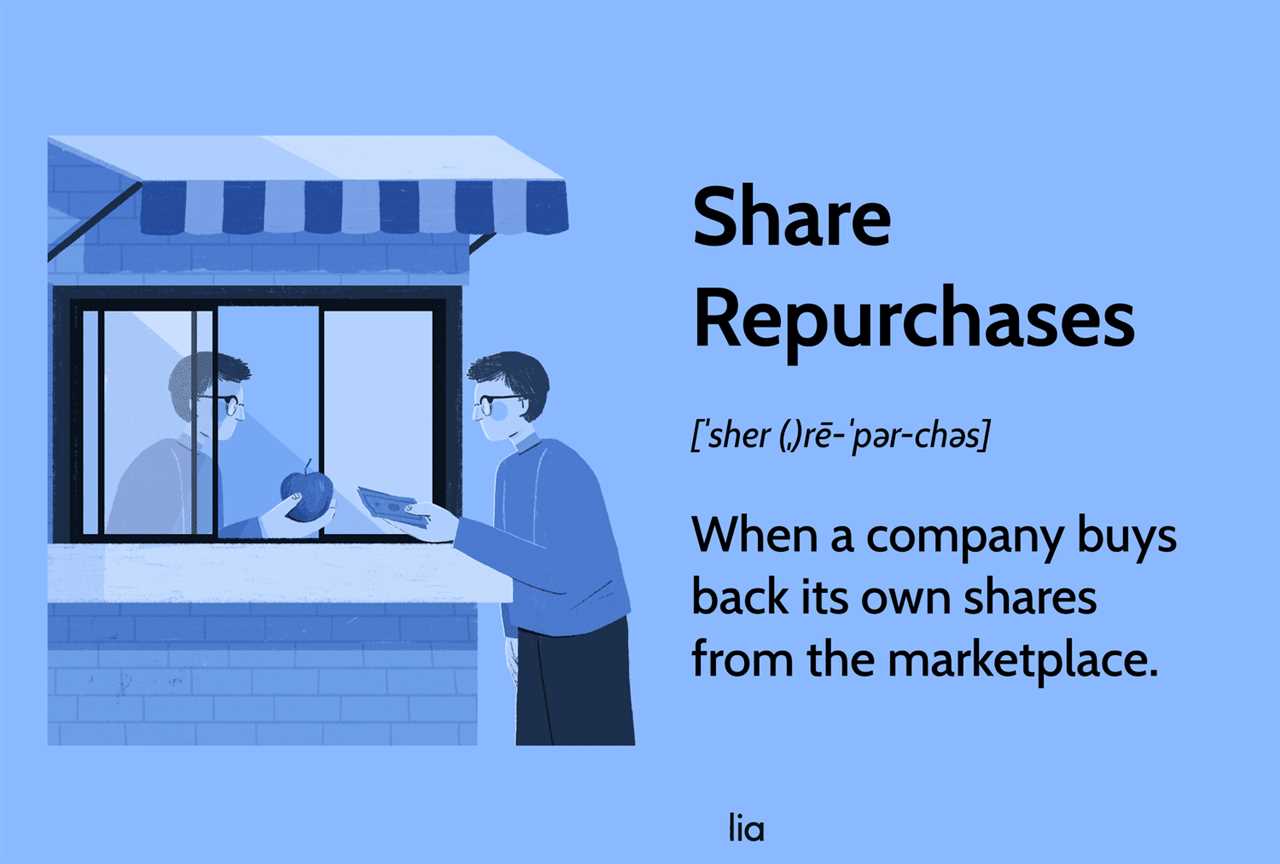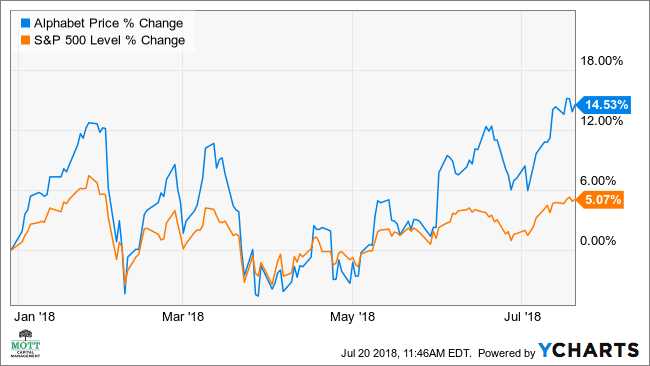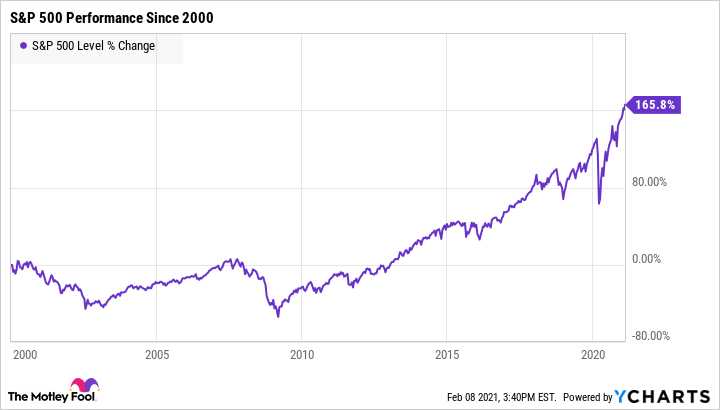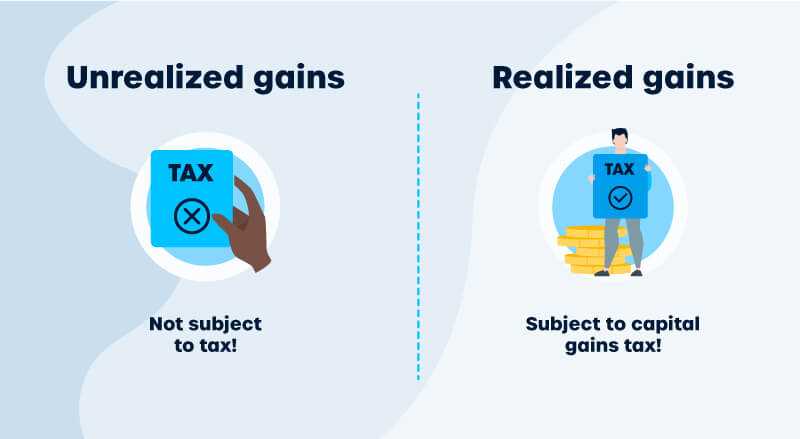What Is a Depositary Receipt (DR)? Definition, Types and Examples
What Is a Depositary Receipt (DR)? A Depositary Receipt (DR) is a financial instrument that represents ownership in a company’s shares, which are held by a depositary bank outside the company’s home country. DRs are issued by depositary banks to facilitate the trading of shares of foreign companies in the … …




















